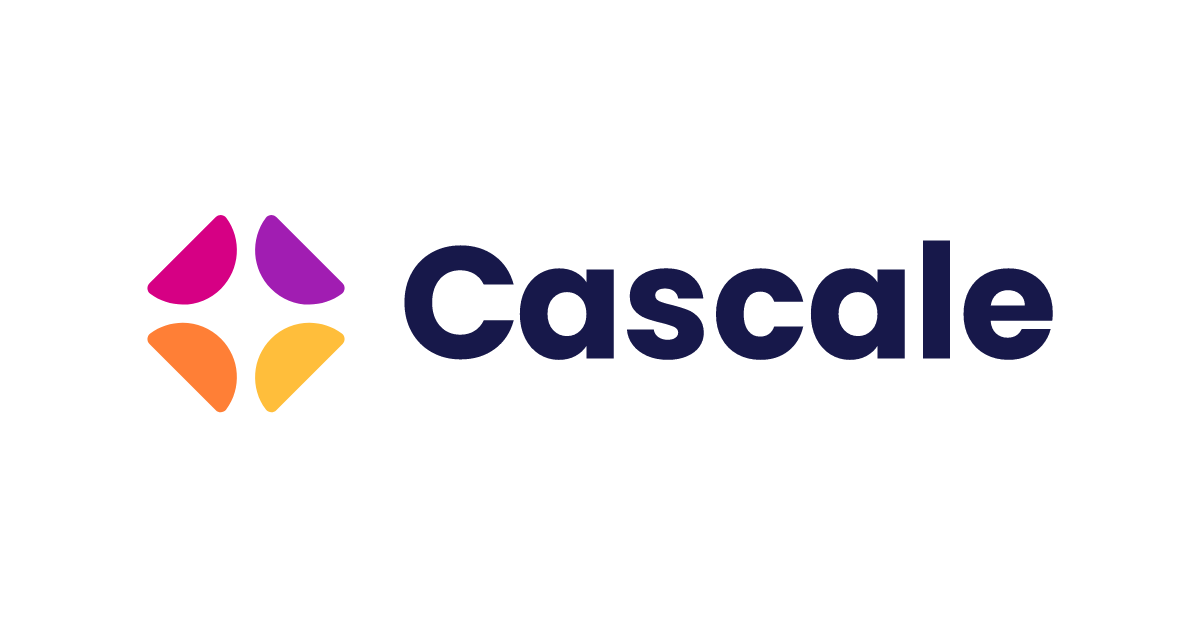“Rethinking Apparel & Textiles” Features Sustainable Apparel Coalition at ReThink HK 2023

ReThink HK, Hong Kong’s business event for sustainable development, invited Joyce Tsoi, SAC Director of Collective Action Programs APAC, to moderate the “Rethinking Apparel & Textiles” roundtable session. The goal was to gather industry representatives to explore challenges and identify key solutions and opportunities for cross-sectoral collaboration to reduce carbon emissions throughout the value chain, identify and mitigate risks associated with climate change and sustainability issues, and improve ESG performance through responsible and sustainable business practices. The 60+ person audience was made up of government representatives, business leaders, sustainability practitioners, and those responsible for researching and resourcing net-zero and ESG strategies across all business functions – many of which were SAC members. Participating delegates included:
- Maggie Chan, Director, Pinnacle Workshop Limited
- Hailey Liu, Student, The Hong Kong University of Science and Technology
- Lily Lin, Head of Client Solutions Sustainability, Bureau Veritas
- Cheuk Chi Fu, Sustainability Manager, AEO
- Tony Low, Director, MioTech
- Chloe Ng, Student Ambassador, The Hong Kong University of Science and Technology
- Lauren Ng, Volunteer, ReThink HK
- Vanishka Dhameliya, Volunteer, ReThink HK
- Anand Ramachandran, Head of Sustainability, Hop Lun (Hong Kong) Limited
- Trisha Mascarenhas, Business Engagement Manager, APAC, World Business Council for Sustainable Development
- Vivian Wei, Project Officer, EcoSage Limited
- Aaron Li, Senior Officer, Esquel Group
- Alice Yuan Hing Woo, Product Developer, Nike
- Clara Tse, Research Project Design, The Hong Kong Research Institute of Textiles and Apparel Limited,
- Henry Soo, Managing Director, DataDevelop Consulting Limited
- Tim Chiu, Senior Vice President, TradeBeyond
- Sophie You, Principal Consultant, RESET Carbon
- Issac Leung, Senior Professional, Environmental Sustainability, Under Armour
- Nirav Jethani, Senior Business Development Manager, Topo
- Sunil Mahesh Aidaswani, Sustainability Manager, PGS
- Julie Wali,Data Analyst, Carrefour Global Sourcing
- Vivian Lau, Regional Senior Manager, SDVM, L’Occitane
- Kate Wendt, VP Strategy, Transformation & Sustainability, REI Co-op
- Mathew Thurston, DVP Sustainability, REI Co-op
- Kathy Chan, Environmental Sustainability Executive, TAL Apparel
- Demi Tye, Sustainability Officer, Hop Lun (Hong Kong) Limited
- Tara Kane, Sourcing Director, Studio Futura
- Fiona Westwood, Director, Eralda Industries Limited
- Yu To Kwong, Manager, Esquel Group
- Candy Luo, Director Sustainability, Under Armour
- Wendy Chan, Product Development Manager, Vision and Mind Environmental Limited
- Shawn Li, Sustainability Manager, Fast Retailing
- Gamma Cheung, Manager Product Stewardship, Kontoor Brands
- Dipjay Sanhcania, Director, Climate & Energy, Adidas
- Paul Goff, Sustainability Product Owner, H&M
- Jackey Hau, Vice President, China Citic Bank International
- Fengyuan Wang, Senior Sustainability Manager, Hop Lun (Hong Kong) Limited
- Ryan Meintjes, Responsible Sourcing, Kontoor Asia Trading Limited
- Willie Poon, Business Operations Director, Koru Consulting Limited
- Erika Lee, Carbon & Water Stewardship Manager, C&A Sourcing Limited
- John Castillo, Sustainability Enthusiast Officer, Salvaged
- Catherine Chan, Group Safety Manager, HAECO Group
- Kitty Ko, Trade Commissioner, Consulate General of Canada in Hong Kong
- Eva Chen, Sales Assistant, TUV Rheinland
- Disha Panit, Senior Sustainability Manager, Carrefour
- William Lin, Senior Social Sustainability Manager, TAL Apparel
- Moyne Perera, President, MAS Holdings
- Patrick Lui, Senior Sourcing Manager, Target
- Shubham Singh, Senior Sustainability Manager, Product & Supply, Ralph Lauren
- Mandy Lam, Global Head of Supplier Sustainability, REI Co-op
- Rainfall Wu, Executive Director, ESTS
- Lily Lin, Head of Client Solutions, Sustainability, Bureau Veritas
- Molly Fu, Manager, Sustainability, American Eagle
- Peter Ford, Decarbonization Program Lead, Climate, H&M
- Erika Lee, Carbon & Water Stewardship Manager, C&A
- Sing Bin Lim, Head of Hub Asia, Bluesign Technologies AG
After sharing information about the SAC, a global multi-stakeholder nonprofit alliance that represents about 50% of the apparel and textile industry in 36 countries, Tsoi explained that the organization originated in 2009, when Walmart and Patagonia joined forces with other key value chain partners to address a growing problem: Companies were working in silos on proprietary sustainability reporting programs and assessments, which led to an increased number of audits and duplication for supply chain partners. After this initial group convened stakeholders on a pre-competitive basis and developed a common approach to measuring sustainability, it formed the SAC in 2010.
Tsoi explained the SAC’s vision of a global consumer goods industry that gives more than it takes – to the planet and its people. She explored how the SAC’s work is anchored by the Higg Index, a suite of tools that measures social and environmental impact, and that the tools are owned by the SAC and exclusively licensed to Worldly, an impact intelligence platform that spun off from the SAC in 2019. She talked about the SAC’s makeup, which comprises brands and retailers, manufacturers, and affiliates, which include academics, government organizations, and nonprofits, among others. “An important cornerstone of the SAC is equal partnership across the value chain,” Tsoi said. “SAC is a diverse coalition that brings together all corners of the industry for a seat at the table.”
After acknowledging that the fashion industry contributes between four and 10% of global greenhouse gas emissions, Tsoi shared data that showed the industry’s greenhouse gas emissions have actually increased by 0.87% since 2022. With Fair Wear and the Ethical Trading Initiative, she explained, the SAC partnered on The Industry We Want initiative to develop a set of metrics to measure action across three critical issues: the wage gap, purchasing practices, and GHG emissions; together, these organizations launched the Industry Dashboard, which synthesized feedback from suppliers in 54 countries and was accessed by over 500 stakeholders, and they continue to work towards the development of a clear set of milestones to offer coordinated, industry-wide solutions.
After Tsoi’s initial presentation, the group discussed how collective action can help achieve the goal of reducing 45% of greenhouse gas emissions by 2030 – and to zero by 2050. She shared information on the SAC’s Decarbonization Program, which this year required all SAC members to set Science Based Targets (SBTs) for GHG reduction, as defined by the nonprofit Science Based Targets Initiative (SBTi); as of September 2023, more than half of SAC members have either set or committed to setting SBTs. And she shared the resources that the SAC uses to help assist members on this journey.
Tsoi shared news of partnerships – including the SAC’s partnership on the GIZ PDP Rooftop Solar Project in Bangladesh, Cambodia, and Vietnam, which assists brands and manufacturers seeking to conduct feasibility studies and adopt solar rooftop technology in the garment and textile industry. In addition, the SAC’s collaboration with Aii, Textile Exchange, and ZDHC Foundation on the apparel alliance was shared, where the goal is to coordinate tools, programs, and resources that reduce redundancies and drive performance improvements and collective actions to achieve a 45% reduction in greenhouse gas emissions.
Through the round-table discussion, Tsoi highlighted the current climate crisis is arguably the most significant threat of our time, we need to pivot the power of cross-sector collaboration to drive climate action. The power of cross-sector collaboration, when two or more organizations work together across sectors – industry, nonprofit, and government – to achieve mutually beneficial outcomes. “Successful collaboration may lead to cross-sector partnerships, in which partners agree to leverage their resources and funding to achieve a common goal,” she said.

